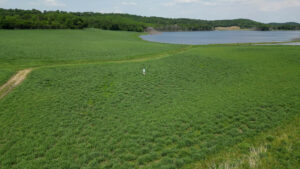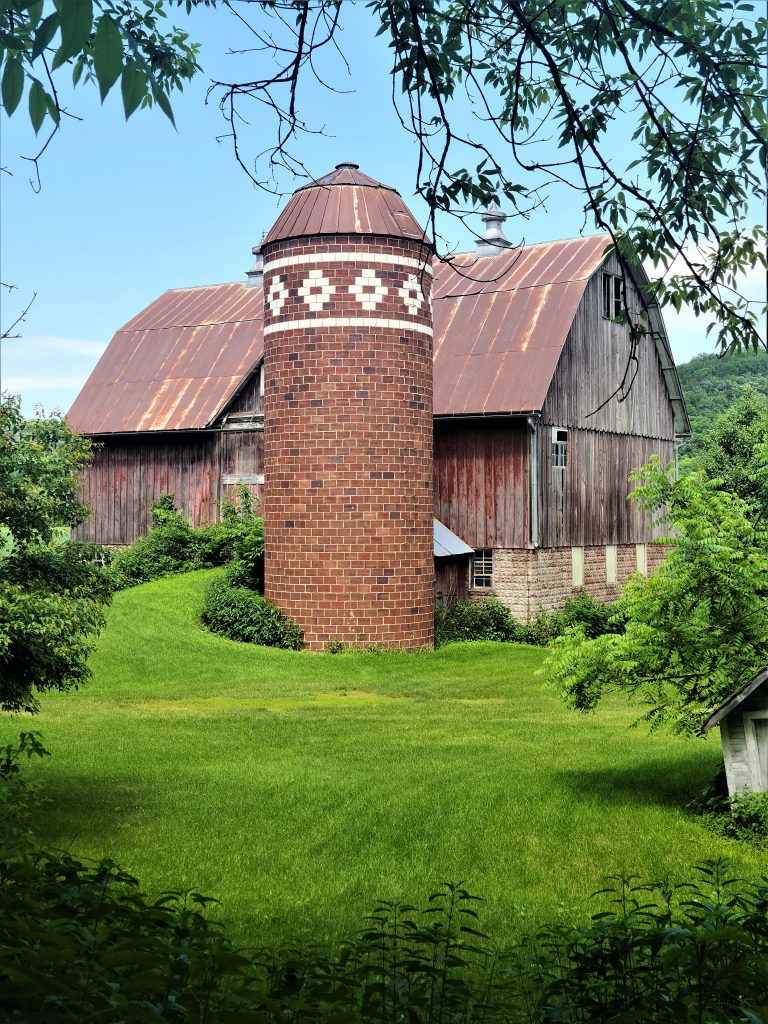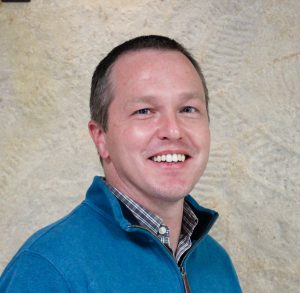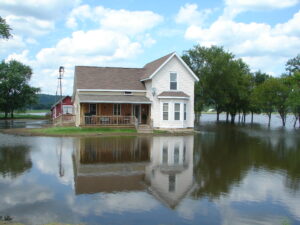Wisconsin’s rural residents concerned about water quality
December 4, 2023
By Marie Zhuikov
A new report published by the University of Wisconsin-Madison found that Wisconsin’s rural residents perceived significant risks to water quality from pesticides, PFAS (per- and poly-fluoroalkyl substances) and excess nutrients. They also ranked water as very or extremely important for supporting wildlife and for hunting and fishing, in addition to home uses such as drinking and cleaning.
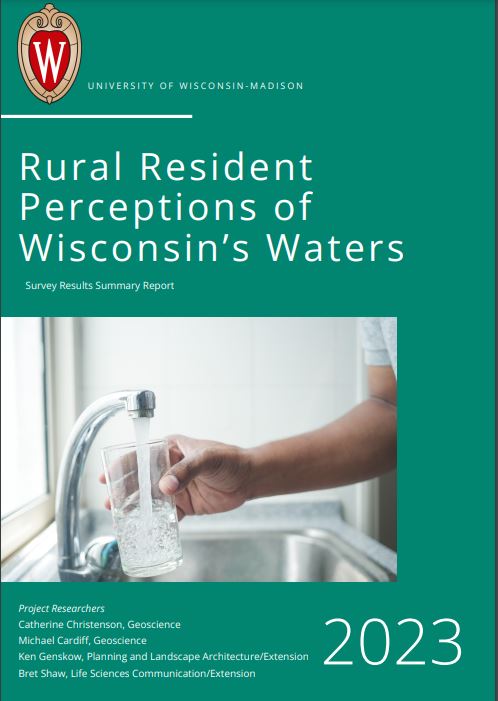 These findings regarding groundwater and surface water are based on a study by UW-Madison professors, including Michael Cardiff via a research project funded by the University of Wisconsin Water Resources Institute. The report, entitled, “Rural Resident Perceptions of Wisconsin’s Waters” is available for free download.
These findings regarding groundwater and surface water are based on a study by UW-Madison professors, including Michael Cardiff via a research project funded by the University of Wisconsin Water Resources Institute. The report, entitled, “Rural Resident Perceptions of Wisconsin’s Waters” is available for free download.
As part of a larger project, Cardiff, associate professor of geoscience, and his interdisciplinary team surveyed 1,500 randomly selected households across 16 counties in Wisconsin. They received 481 responses.
Cardiff was struck by the importance water held for rural interests in hunting and fishing. “If we’re talking with rural users about why they might want to protect their water, speaking in that natural reference frame about impacts on fish and wildlife might resonate.”
The finding about the “forever chemicals,” PFAS, surprised Cardiff. “People might just be hearing about this through the media and so it’s something they’re worried about even though it might not be as important as other contaminants in rural settings,” he said. “We usually think of dangerous concentrations of PFAS being associated with industrial operations or airports.”
The survey also contained questions regarding water supply, but respondents had fewer concerns regarding this issue. Cardiff agrees with that assessment. “I would generally say we’re in a good place in Wisconsin on water supply. We tend to have more issues with flooding than we do with not being able to reach water,” he said.

However, Cardiff expects water pollution and water supply to become more important in the future as the Upper Midwest is touted as a climate haven and more people move here.
Rural residents were also surveyed about how they get their news about water. “Rural residents don’t get a lot of news about their water, or at least they don’t report getting a lot of news. The most cited sources of information were local news or friends and family, but even use of those sources was quite low,” Cardiff said.
Respondents ranked other sources of information more trustworthy than local news or their friends. This included UW scientists, research organizations and private well testers. But rural residents don’t report hearing from them very often.
Cardiff expects the report to be useful for state legislators and water regulatory agencies. Collaborating with him on it were UW student Catherine Christenson; Ken Genskow, professor of planning and landscape architecture; and Bret Shaw, associate professor of life sciences communication.
The post Wisconsin’s rural residents concerned about water quality first appeared on WRI.News Release | WRI
https://www.wri.wisc.edu/news/wisconsins-rural-residents-concerned-about-water-quality/

